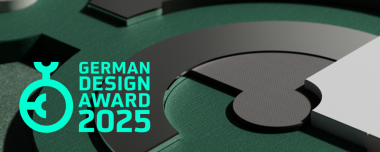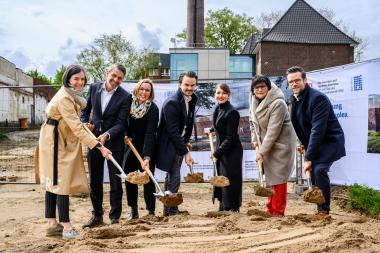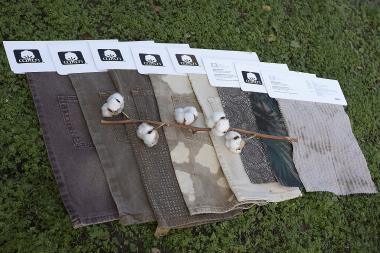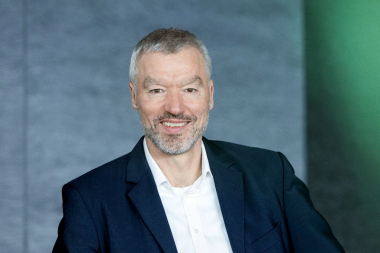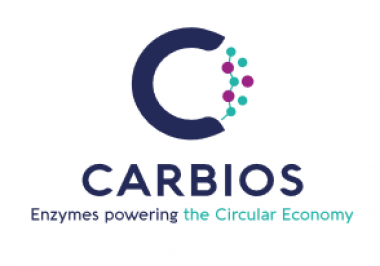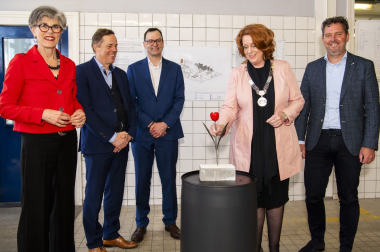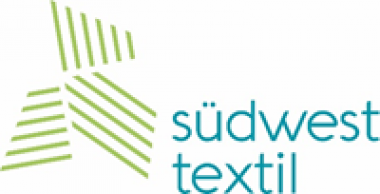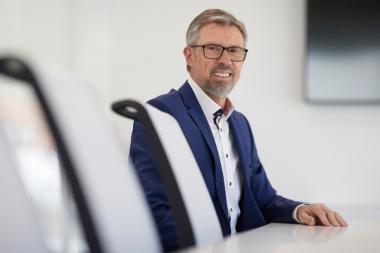Südwesttextil veröffentlicht 4. Auflage des Innovationsatlas
Auf der Techtextil in Frankfurt präsentiert der Wirtschafts- und Arbeitgeberverband eine Neuauflage seiner Informationsbroschüre mit über 100 Beispielen für textile Innovationen.
Die Broschüre „Textil kann viel“ illustriert für Zielgruppen innerhalb und außerhalb der Industrie Impulse für acht Bereiche:
- Umwelt, Energie und Nachhaltigkeit
- Heim und Wohnen
- Bauen und Infrastruktur
- Medizin und Gesundheit
- Arbeits- und Schutzbekleidung
- Mode und Bekleidung
- Material und Verarbeitung
Südwesttextil ist mit der Allianz Faserbasierte Werkstoffe Baden-Württemberg e.V. Partner des von bw-i organisierten Gemeinschaftsstands, auf dem sich unter dem Dach der Landeskampagne „THE LÄND“ 18 Unternehmen aus Baden-Württemberg präsentieren.
Die Broschüre ist sowohl als limitierte Print-Auflage verfügbar als auch online mit erweiterten Inhalten.
Verband der Südwestdeutschen Textil- und Bekleidungsindustrie Südwesttextil e.V. Südwesttextil Innovationsatlas
Verband der Südwestdeutschen Textil- und Bekleidungsindustrie Südwesttextil







